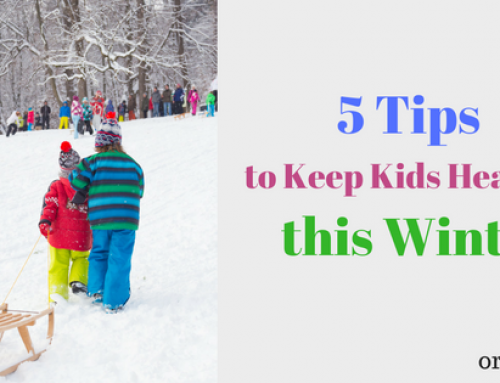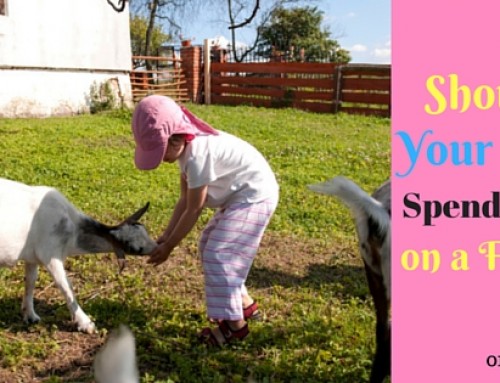Physical activity can mean anything from walking to running or organized sport. Physical activity is beneficial to everybody, children and adults. A lot of research has been done and more is undergoing on benefits of physical activity in children.
I previously wrote about exercise here (3 easy changes to make tody that will benefit your kids tomorrow) and here (Constipation 101- 4 tips to mitigate constipation). Physical activity is a topic close to my heart as I believe that all of us, no matter our age, should be involved in regular exercise. A healthy diet and regular exercise are my first two requirements for leading a healthy lifestyle.
Here are some results of the research on benefits of physical activity in children:
- Children involved in physical activity longer than 6 months had lowered blood pressure and triglyceride levels. (source 1)
- Walking to school may have a positive impact on children’s health, particularly in lowering the risk of metabolic and cardiovascular diseases. (source 2)
- Routine exercise can improve asthma-related quality of life and may make persistent asthma easier to control in the long run. (source 3)
- An acute bout of exercise provides benefits for verbal learning and long-term memory. (source 4)
- Exercise can boost learning and memory of children. (source 5)
- Children engaged in aerobic exercise had increased academic achievement. Higher BMI was associated with lowered academic achievement. Associations were shown in total academic achievement, mathematics achievement, and reading achievement. (source 6)
- Physical activity had a significant and positive effect on children’s achievement and cognitive outcomes. Aerobic exercise had the greatest effect. (source 7)
- Exercise was shown to have a positive effect on fatigue, strength, and quality of life in children with cancer. (source 8)
- Exercise was shown to provide a short-term decrease of stereotypic behaviours in children with autism spectrum disorders. (source 9)
Last year I organized a walking club for adults in my neighbourhood. Many adults participated and sometimes a few dogs as well. We went for a brisk walk for one hour around the neighbourhood. Each time I chose a different path to keep things interesting. I loved these walks as they helped me exercise, stay healthy, and socialize with new people.
Since school started, my family decided to go on walks after dinner. We don’t have a clear goal when we go out (and sometimes we stop for a while at a playground) as my daughter is 2 years old and we have her in a stroller (which sometimes she insists on pushing) and my son is 5 years old and he takes his bike along. If we walk for 15 minutes or 1 hour, either way my husband and I are happy. We are happy that we all went outside in the fresh air, we moved our bodies, and we bonded as a family.
Have you seen this video about how important walking is? I love it and I watch it when I need some inspiration. This video was made by Dr. Mike Evans who is a practising family physician in Toronto, Ontario. It is a very inspiring video with a very inspiring last question.
Do you regularly engage in a form of physical activity with your family? Which one?
Sources:
- Physical Activity and Cardiovascular Risk Factors in Children: Meta-Analysis of Randomized Clinical Trials. Prev Med. 2014 Aug 28
- Is walking to school associated with improved metabolic health? Int J Behav Nutr Phys Act. 2013 Jan 29
- Exercise, obesity, and asthma in children and adolescents. J Pediatr (Rio J). 2014 May-Jun
- Effects of an acute bout of exercise on memory in 6th grade children. Pediatr Exerc Sci. 2014 Aug
- The influence of childhood aerobic fitness on learning and memory. PLoS One. 2013 Sep 11
- Physical fitness and academic achievement in third- and fifth-grade students. J Sport Exerc Psychol. 2007 Apr
- The effects of physical activity and physical fitness on children’s achievement and cognitive outcomes: a meta-analysis. Res Q Exerc Sport. 2011 Sep
- Clinical exercise interventions in pediatric oncology: a systematic review. Pediatr Res. 2013 Oc
- Effects of exercise interventions on stereotypic behaviours in children with autism spectrum disorder. Physiother Can. 2008 Spring







Hi Alina
that is so true and I wish everybody would read it and do it – so easy and inexpensive too.
I remember when I was a child I was always walking to school and after school I was playing outside with my friends. Nowadays kids don’t experience it anymore because the parents are to busy and most of the children are in daycare after school – that makes me just sad. It would be so easy to just take your kids outside and they will have fun – kids are easy to entertain – its the parents who think everything has to be perfect and the more expensive the better. It doesn’t have to be fancy to be exciting for children – spending time together and having fun outside or inside is the most important aspect.
Petra, I agree. Walking does not require any fancy equipment and does not require a gym membership. We can go for a walk with our kids anytime we have some spare time. And we can find that spare time. Instead of watching TV or playing video games, we can take our kids outside. This is what they (and we) need: fresh air and movement.